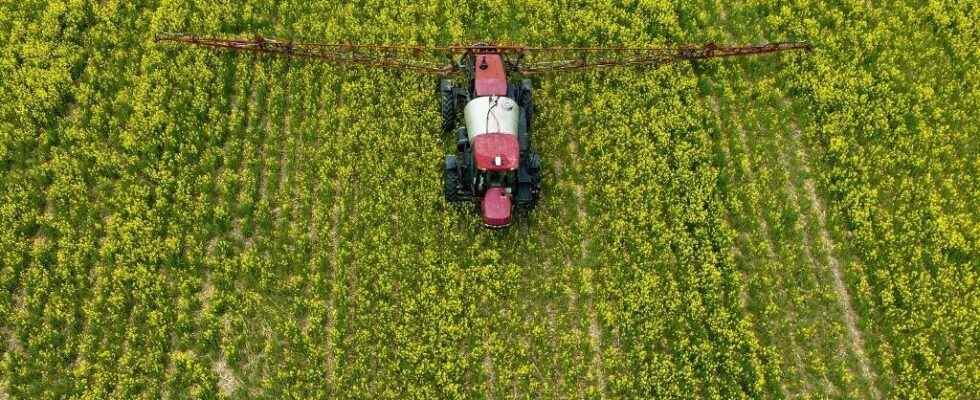This is one of the most sensitive points of the negotiations on biodiversity at COP15 in Montreal: the reduction of pesticides. These chemicals, used in large quantities in agriculture to kill weeds, insect pests or control diseases, are one of the primary causes of the destruction of life.
With our special correspondent in Montreal, Lucile Gimberg
In Western Europe, the collapse of insect populations due to to pesticides is clear with, for example, less 70% in Germany in a few decades. Bees and other pollinators are decimated. ” Chocolate, coffee, almost all our fruits are pollinated by bees and other [insectes, NDLR] and therefore we depend on them, explains Paul Leadley, ecologist at Paris Saclay University We are destroying this heritage. »
The text negotiated in Montreal therefore seeks to reduce the risk associated with these chemicals. But big agricultural exporters like Brazil or Argentina don’t want to hear about it. They are even trying to have the word “ pesticides “: “ It’s not just governments that are resisting, according to the ecologist. There is also a part of the agri-food system that also does lobbying. »
Agroecology as an alternative
Other poor countries are asking for time, in the name of their food security. However, alternatives exist, including agroecology: “ When several varieties of the same species are mixed, for example with wheat or rice. You can virtually eliminate the use of fungicides, because fungi have a hard time attacking crops that are genetic mixtures says Paul Leadley.
The European Union pleads for a reduction of 50% – as it has already decided on its territory. But at the same time, it subsidizes an intensive agricultural system, which cannot survive without pesticides.
►Also read: Biodiversity – the issue of genetic data threatens the outcome of COP15
